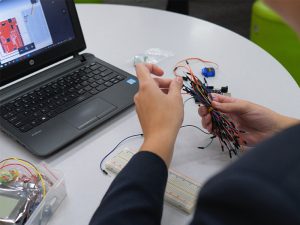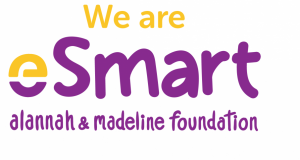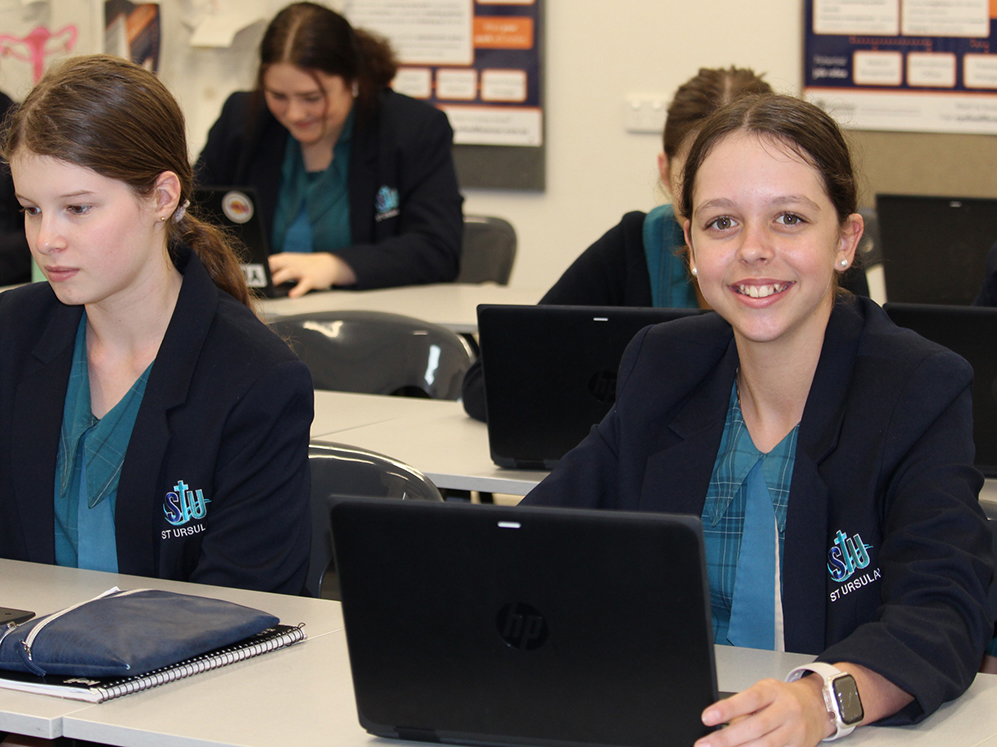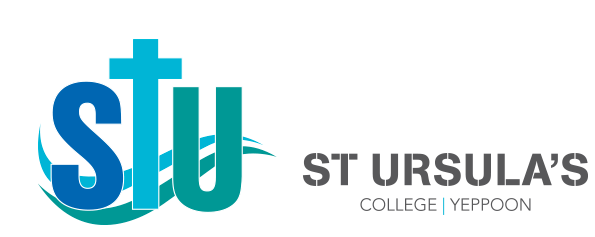Junior School
Our Junior School curriculum for Years 7 and 8 students develops confident and capable learners. A broad range of subjects, including the core subjects of English, Mathematics,
Science, Social Science, Health and Physical Education and Religious Education, is enhanced by elective studies in Languages (French and Japanese), Creative Arts and Digital and Design Technologies. Supported learning experiences in Literacy and Numeracy are available, including a dedicated Numeracy enhancement program.
Middle School
In our Middle School, Years 9 and 10, student learning extends to include a broader range of elective studies in a variety of specialist areas, including Certificate courses and Careers Education. Some of the elective subjects available include Business, Design with Digital Technology, Music, Visual Art, Drama, Japanese, Design with Food and Textiles, Certificate I in Hospitality, and Certificate II in Health Support Services. In addition to this learning, students have the opportunity to be involved in extension and supported programs. This approach ensures our students remain engaged in their core learning while pursuing individual areas of interest.
Senior School
Our Senior School program for Years 11 and 12 offers personalised pathways for all students, encompassing both Tertiary entrance (ATAR) and Skills and Training certificate subjects. Senior subjects currently available at St Ursula’s College include, but are not limited to, Chemistry, Physics, Biology, Aquatic Practices, Specialist Mathematics, Mathematical Methods, General Mathematics, Essential Mathematics, Japanese, Music, Drama, Ancient History, Modern History, Legal Studies, Health, Geography, Design, Health and Physical Education, Fashion, Business Studies, Visual Art, Study of Religion, Religion and Ethics, English, Essential English, Certificate III in Tourism, Certificate III in Allied Health, Certificate III in Early Childhood Education and Care, Certificate III in Fitness, and Certificate II in Cookery. St Ursula’s College students can also access University subjects and Diplomas through CQUniversity, or connect with one of our many community partnerships to undertake a school Traineeship program. Our dynamic and supportive learning environment ensures excellent educational outcomes for all our students.
Our Careers Website
Uncertain about your post-school options? Need to access forms? Interested in gaining Work Experience? For all this, plus more, visit our dedicated Careers Website at https://www.stursulasyeppooncareers.com/ to find out the latest information available.
E-LEARNING
 St Ursula’s College E-Learning options ensure students who are interested in the fields of Science, Technology, Engineering and Maths (STEM) have outlets to explore, research, extend their knowledge and skills, and create.
St Ursula’s College E-Learning options ensure students who are interested in the fields of Science, Technology, Engineering and Maths (STEM) have outlets to explore, research, extend their knowledge and skills, and create.
In conjunction with the well-established co-curricular Lego Robotics program and designated ‘Maker Space’, opportunities are available to explore Electrical Engineering with Arduino programming, and 3D Printing.
e-SMART SCHOOLS
 St Ursula’s College is a member of eSmart Schools. eSmart Schools is a behaviour-change initiative in over 2,200 schools across Australia. The eSmart Schools Framework is designed to help schools improve cyber safety and reduce cyber bullying and bullying. To learn more about eSmart Schools, visit https://www.esmart.org.au/
St Ursula’s College is a member of eSmart Schools. eSmart Schools is a behaviour-change initiative in over 2,200 schools across Australia. The eSmart Schools Framework is designed to help schools improve cyber safety and reduce cyber bullying and bullying. To learn more about eSmart Schools, visit https://www.esmart.org.au/

Student Device Program
The Student Device Program provides all pupils with readily available technology for the duration of their Secondary Schooling at St Ursula’s College. All students will be issued with a computing device, purchased by the College, and parents/carers pay a Technology Levy for the device over three (3) years. The consistency of devices is essential to ensure proper functioning in the College environment.
Students will receive a new device at the beginning of Year 7 and Year 10, along with a laptop carrier. Devices will be need returned for updating and processing as required.
Inclusive Education
At St Ursula’s College, we are committed to providing effective educational outcomes for all students. Inclusive Education plays an integral role in providing opportunities for success and looks to support and extend students with their learning.
Inclusive Education strives to ensure that all students, including students with disability, First Nations students, and students with English as an Additional Language or Dialect, feel connected and have a sense of belonging at school. Our Inclusive Education Policy is available to view here
The Inclusive Education Team
The Inclusive Education Team specialises in supporting students to achieve success across their academic and wellbeing areas of schooling, and can be contacted by email at [email protected]
Teacher assistants are accessible in classrooms for individual support, small group work, and general learning support for the entire class. Their role supports classroom teachers to provide adjustments for students ensuring the classroom is inclusive for all students. An example of this might be through supporting academic learning or through supporting social emotional regulation. Teacher assistants also provide small group settings and quieter spaces for exams for any students who need fewer distractions or who are overwhelmed during exam time.
The Inclusive Education Team at St Ursula’s College works closely with students and families, class teachers, Heads of Departments, Heads of Schools, Community Support Officer, and Counsellor so that all students are included and can access and participate in their learning and school life on the same basis as their peers. Taking a holistic approach which encompasses both academic pursuits and wellbeing, the Inclusive Education Team adopts a personalised learning approach to support student success.
A Personalised Learning Approach
A personalised learning approach works with students and families to determine reasonable adjustments which address any functional impacts or barriers students face in their learning. For students who experience significant functional impacts or barriers, the Inclusive Education Team work with the student and family to create Personalised Learning Plans (PLP) which document the student’s strengths and interests, possible barriers, and related adjustments and strategies to address the barriers with the aim to minimise the impact of these for the student.
Agreed adjustments are implemented as appropriate to support students. These adjustments are monitored and reviewed to ensure their relevance and continued effectiveness for each student.
Adjustments provided may be in social settings or in the classroom or for assessment.
Information to Support Students
The Inclusive Education Team support students across a wide range of areas. To do this efficiently, we use numerous forms of information and data.
We value that families and communities have an essential role in supporting students. The information provided at enrolment provides valuable insight about what works for students in schooling, any barriers they have faced, language backgrounds and differences, as well as ongoing medical conditions and disability information.
Standardised testing, such as the results from NAPLAN (year 7 and 9), PAT testing (year 7-9), and Dyslexia Screener (year 7 and new students), complement observations by both teachers and teacher assistants and the results from the classroom to help us gain a broader picture of how to best support individual students.
NCCD
Based on the functional impact, students with disability are provided with adjustments for their learning. Each year in August, the Nationally Consistent Collection of Data on School Students with Disability (NCCD) collects information about the adjustments provided for students with a disability to access and participate in school on the same basis as their peers. More information about the NCCD can be found on the NCCD website https://www.nccd.edu.au/
AARA
Building from the adjustments and support provided in years 7 -10, students with a disability in year 11 and 12 may be eligible for Access Arrangements and Reasonable Adjustments (AARA) for their assessment in year 11 and 12. While some AARA are principal-approved, some AARA do require QCAA approval. For this reason, for students with long-term conditions, beginning the application process at the beginning of year 11 is necessary. For more information about AARAs, please visit the QCAA website https://www.qcaa.qld.edu.au/senior/assessment/aara
Skills and Training
St Ursula’s College offers students a variety of opportunities to expand their skills and training in professional settings. The Skills and Training pathways available are extensive; we cater for student interest and respond to emerging areas of demand.
Each year, students in Year 10 develop their Senior Education Transition (SET) plans during Term 2. Year 10 SET plan interviews are held between a member of the Leadership team, students and parents. They are compulsory for all Year 10 students wanting to transition to Senior School. This SET plan meeting enables students to discuss, plan and set goals for their post-school options.
St Ursula’s College Registered Training Organisation (RTO Provider No: 30032)
Replacement Certification Policy and Procedure
Upon request St Ursula’s College RTO permits replacement of AQF certification documentation it has issued in the previous 30 years. Replacements are free of charge.
To request replacement certification please contact our RTO Manager, April Acworth. Verification of the identity of the applicant (name, address, date of birth), based on suitable proof of identity documents, will be required.



